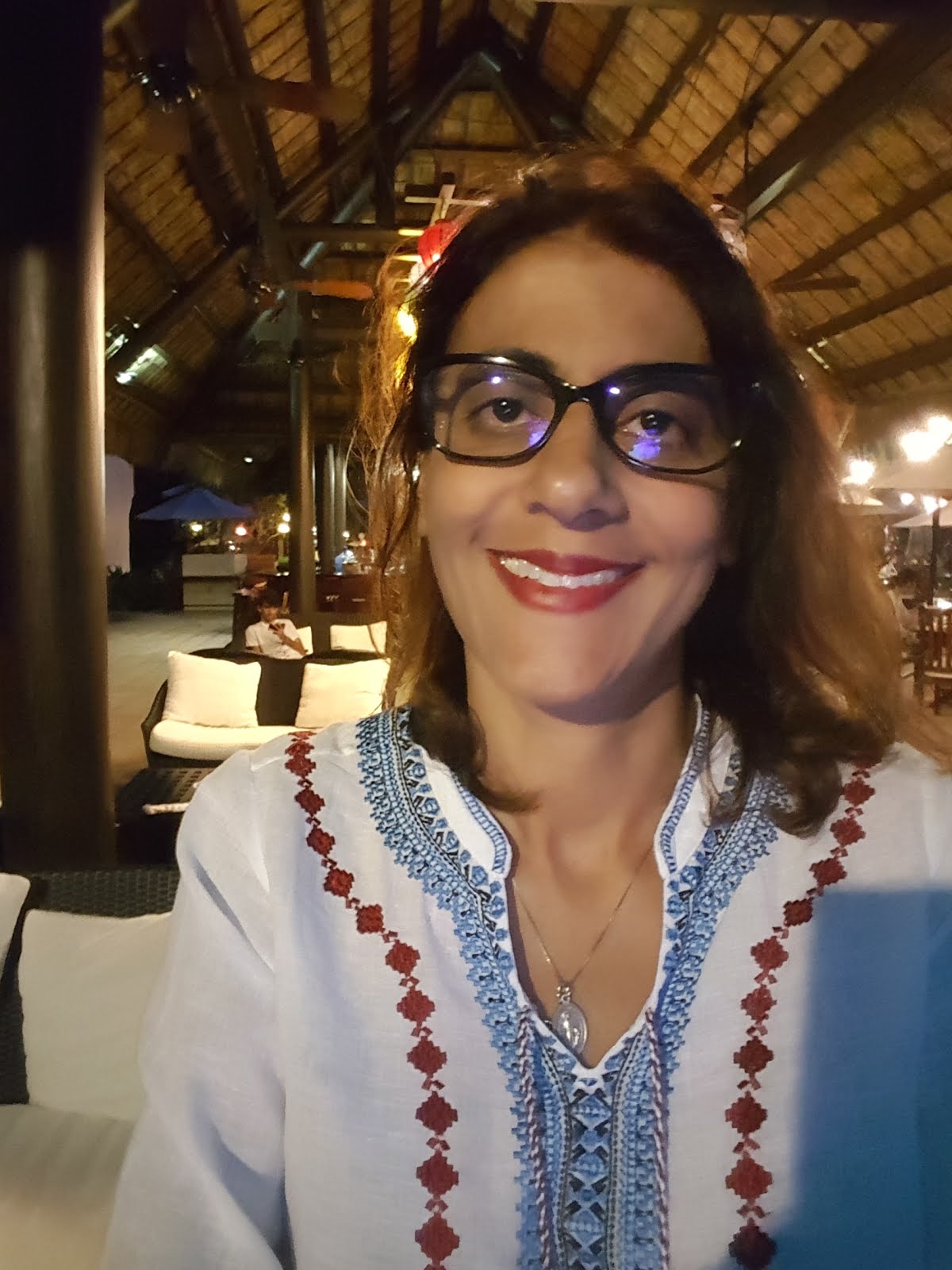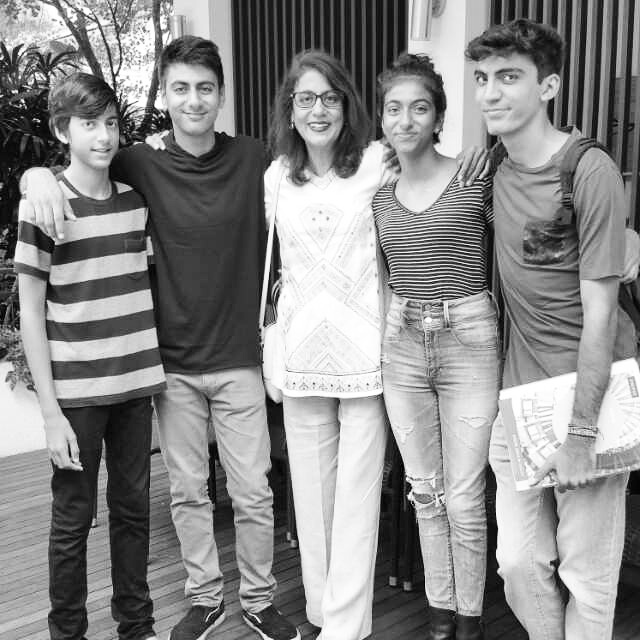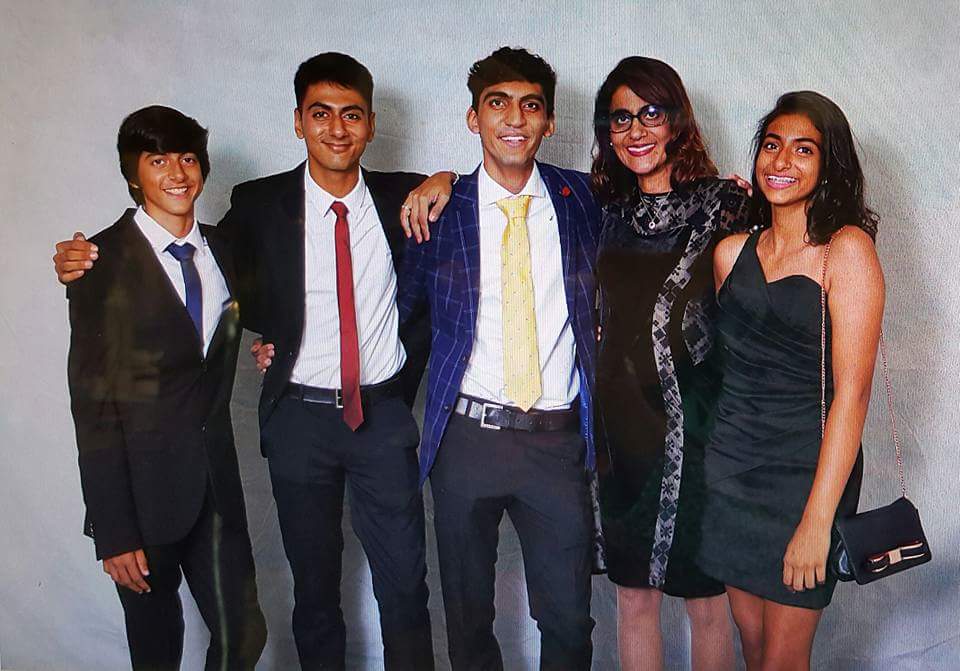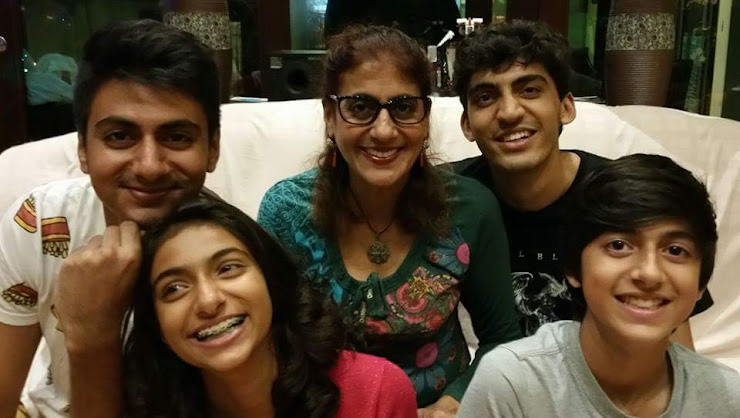The need for normalcy is never greater, in my opinion, than when one lives with chronic illness. I never thought of myself as being anything more than a normal person living my quiet, normal life until my life was interrupted by illness. Grappling with the symptoms of Crohn's Disease on a daily basis meant that my life was not normal... but I didnt want to think of myself as being "abnormal" either. What was my life now, and how was I to think of myself, and to a people pleaser like me... another important question was "How would people perceive me?"
After 12 years of disease I have found some semblance of normalcy to call my own though it may not be normal by the standards of most people. The difficulty with a disease like Crohn's is that flare ups sometimes occur unannounced and when that happens whatever plans I may have had, whatever ideas I may have conceived of life in a steady state, these plans go out the window. Or, perhaps more aptly, are flushed down the toilet :) .
There have been countless occasions when I have thought that I have seemed well enough to do many things I hadn't been able to do in the past, only to find myself in a flare up and unable to do what I wanted. How upsetting, and how depressing these moments can be, and how difficult it is to cope with the despair I have felt, and to communicate that to others. It is so hard to plan forward, and to act on those plans, and sometimes when I try, I am caught up in the difficulty of trying and failing, and coping with the emotions that all that entails.
This is the difficulty then in trying to rearrange my thoughts, my emotions, my behaviour, my actions to suit my body and to live within the confines of illness... to accept the boundaries and limitations, to accept the spanner in the works caused by flare ups and yet to still love myself and life, and live to the fullest.
How does one explain all this to others, when one barely comprehends it one's self? After 12 years the pain of disappointment has not dimmed. Each flare up is painful, each one is an emotional upheaval, each one brings tears. How do I bridge the gap between what I feel when I am living through a flare up and can barely manage myself and my emotions and my pain, and yet have to worry about the needs, cares and perceptions of others? It is difficult. It is incredibly difficult. But it is important to try because in doing so, one approximates a semblance of nomalcy... because I believe that if we looked beneath the surface of each other's lives we would find that many of us are doing the same thing. All of us are trying to live normal lives despite whatever is going on within us.
This belief helps me cope, and gives me compassion for others. It also gives me compassion for myself. I need that from myself. I need to forgive myself my own failings, weaknesses, physical limitations and the myriad of other things that I perceive to be the negatives in my life... and learn to embrace me. In so doing I can embrace others, and with a renewed compassion grown from my own sufferings I can better understand others, and help them know that they too are normal, that whatever they are struggling with, whatever pain and hurt plagues them, it is a common tie that binds us as people. We are all struggling in our our individual journeys, and that makes us all normal.
Thanks for reading,
Pav





